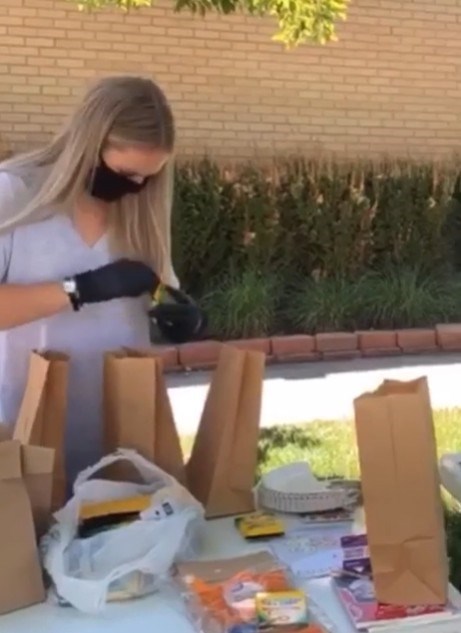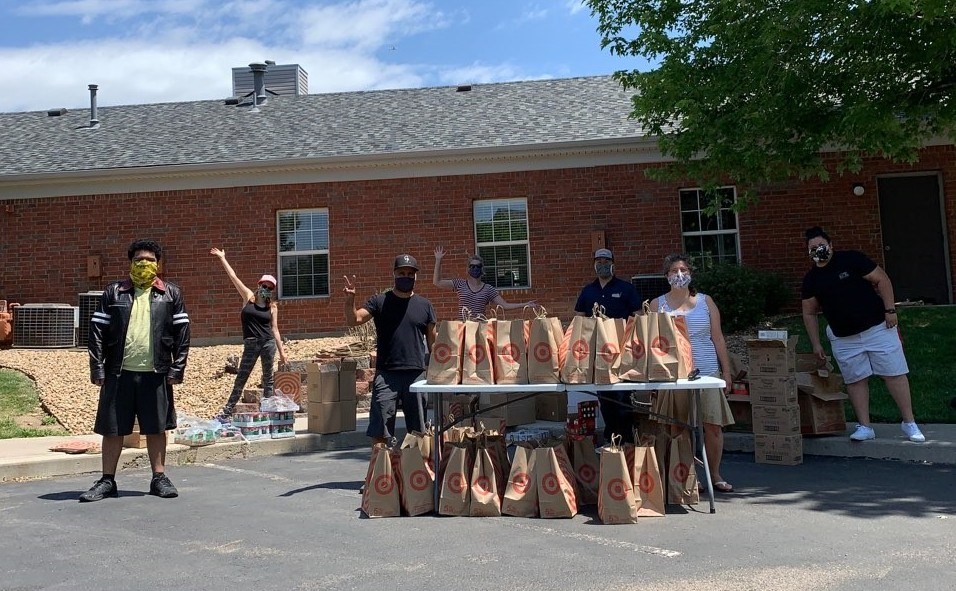The Community Meals Program has been awarded more than $10,000 by the Colorado COVID-19 Emergency Hunger Relief Fund to continue funding existing programs that provide meals and help purchase locally sourced groceries for adults and youth who have been most impacted by the coronavirus pandemic.
The pandemic has greatly exacerbated the needs of already struggling members, particularly families “who live ‘unwalkably’ distant from school meal sites,” said Kyl Caragol, youth program leader for Longmont Children, Youth and Families. “One of our meal sites has almost double the need we had anticipated.”
Since June, the program has served over 20,000 meals and distributed another 20,000 pounds of groceries, and, according to Caragol, the newly awarded funds, will allow the program to continue offering food assistance through December.
“The funding will enable us to more adequately meet the needs of the youth and families we are serving. For a while, we were running out of meals before everyone had a chance to eat, and now that shouldn’t be an issue,” Meca Delgado, treasurer of the board of Friends of Longmont Youth, stated in a news release.
The pandemic has shifted the way services are provided and the Community Meals Program has created an opportunity to engage with families in a different way, said Christina Pacheco Sims, Children, Youth and Families manager.
 Madison Darling, a program specialist at the Youth Center, prepares activity kits for children to take home with their meals.(Photo courtesy of Longmont Children, Youth and Families)
Madison Darling, a program specialist at the Youth Center, prepares activity kits for children to take home with their meals.(Photo courtesy of Longmont Children, Youth and Families)On top of meals, the program also offers take-home activity kits, books, cloth masks and resources for other services, such as housing, employment, mental health and academic support, to the families that they serve, according to the news release.
Currently the Community Meals Program has lunch sites in River Valley and Countryside Village mobile home communities, and will offer weekly grocery pickup at River Valley on Tuesdays, at Cloverbasin Apartments on Mondays and at Emery Street Apartments on Fridays. Additional details can be found on the program’s website.
“The Children, Youth and Families staff feels so fortunate to be able to continue to serve the community in this capacity. … Getting out and interacting with the community and having the opportunity to offer resources like we always have has been the most rewarding part,” Pacheco Sims said.



